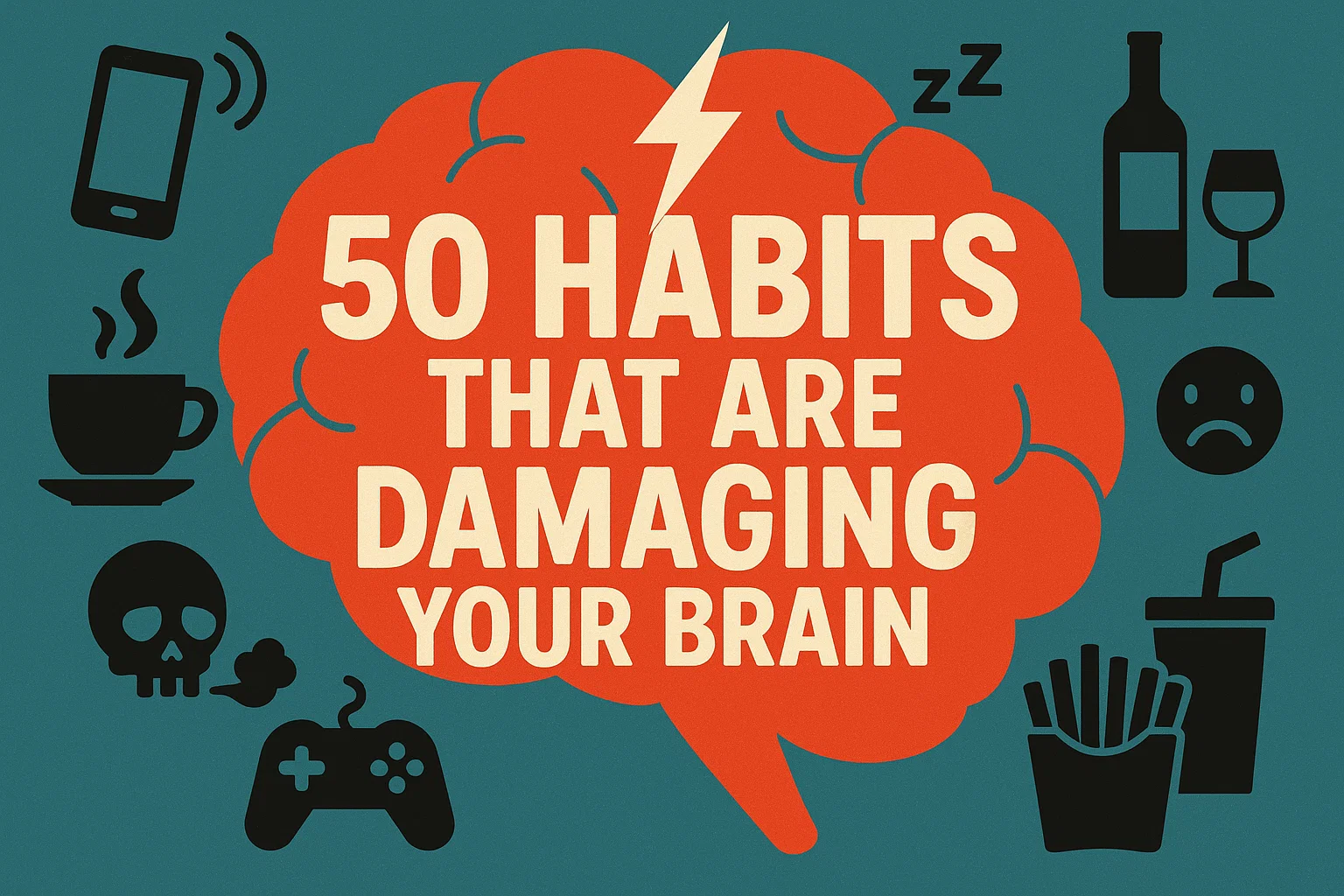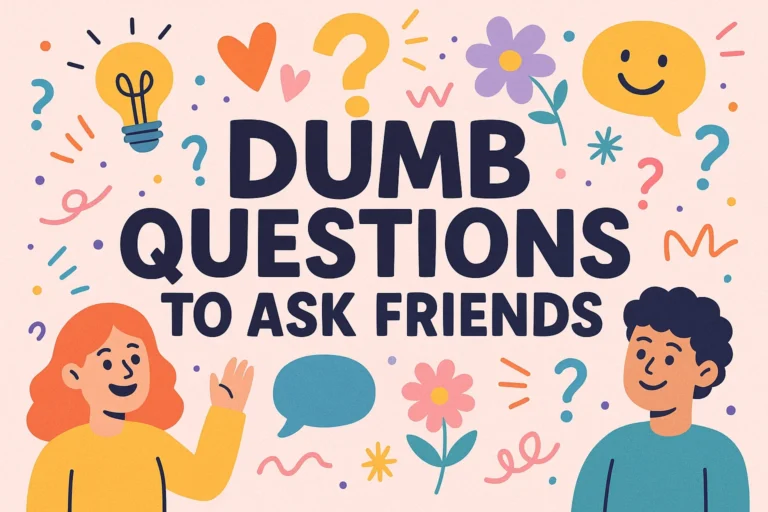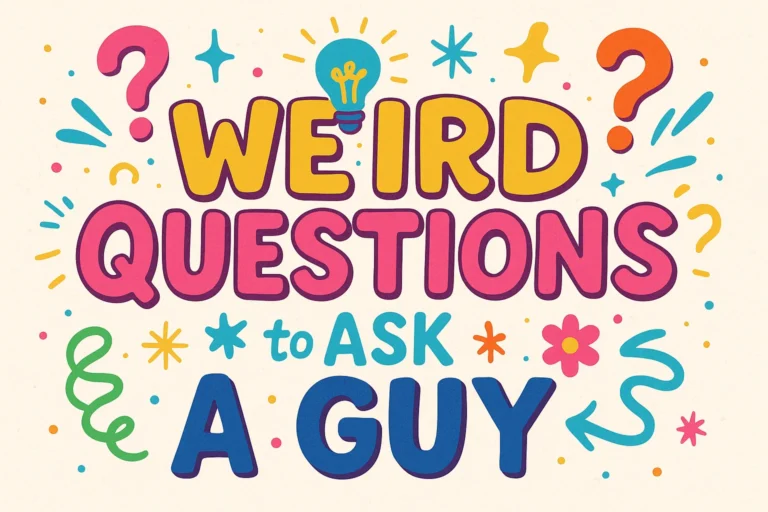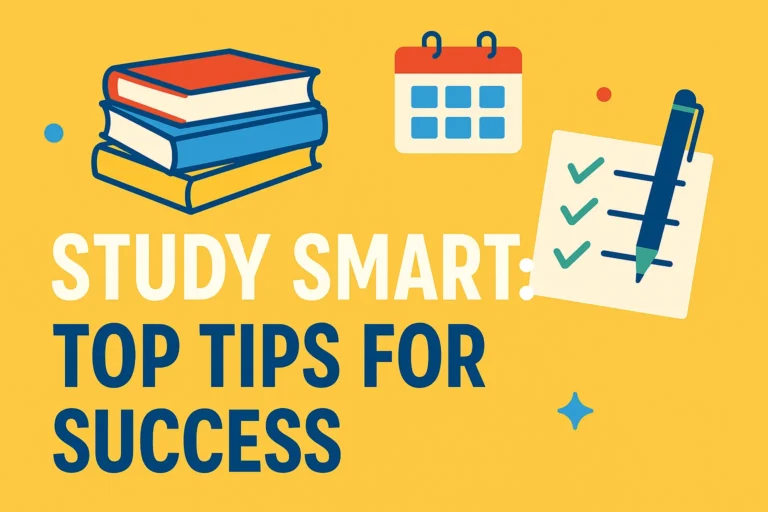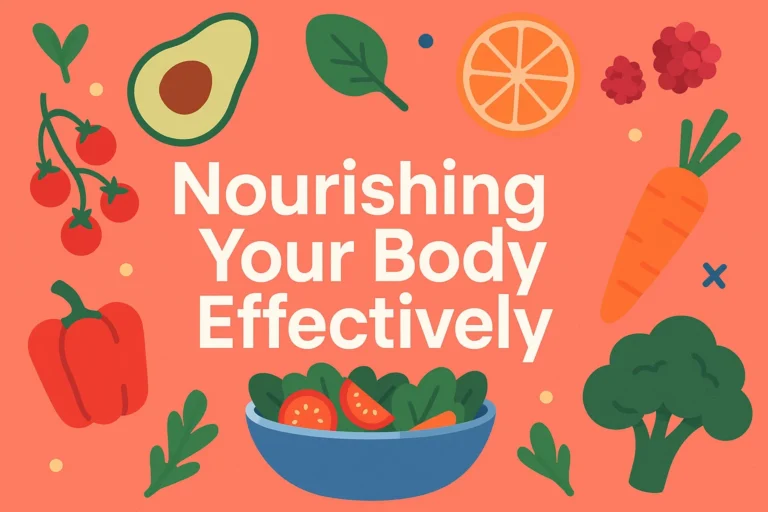50 Self Improvement Tips Break These 50 Habits Damaging Your Brain Today
Alright, let’s get real for a second. How many times have you scrolled through self-improvement tips, nodded along, and then immediately gone back to doomscrolling on your phone? Yeah, me too. It’s like we know what’s good for us, but our brains are somehow wired to do the exact opposite.
Well, I’ve been down that rabbit hole, and I finally realized it’s not about adding more things to our endless to-do lists. It’s about stopping the stuff that’s actively working against us. Specifically, the sneaky little habits that are slowly turning our brains into mush. Not cool, right?
So, I’ve put together this massive list of 50 habits that are damaging your brain. Think of this as a friendly intervention from someone who has definitely been guilty of most of these. We’re going to break these down, laugh at ourselves a little, and hopefully come out the other side a bit sharper. Ready to give your brain the upgrade it deserves? Let’s go.
The Obvious (But We Still Do ‘Em) Offenders
These are the big ones we all know are bad, but we justify them with a hearty “I’ll sleep when I’m dead” or “This is my fifth coffee today and I feel FINE.”
Skimping on Sleep
Calling all night owls and Netflix bingers! Sacrificing sleep isn’t a badge of honor; it’s a direct attack on your brain. While you’re catching those Z’s, your brain isn’t just powering down. It’s busy cleaning house—flushing out toxins that build up during the day and consolidating memories. Cut that short, and you’re basically telling the janitorial staff to go home early, leaving a messy, inefficient brain office for you to work in the next day. Chronic sleep deprivation is linked to everything from brain fog to a higher risk of Alzheimer’s. Yikes.
The Sedentary Slump
Your brain loves fresh blood and oxygen, and the best way to get that delivered is by moving your body. When you park yourself on the couch for hours on end, you’re slowing down blood flow. This can lead to reduced brain volume in areas critical for memory and learning. Ever notice how a quick walk can clear your head? That’s not a coincidence. It’s your brain saying, “Thank you! More of that, please.”
Dehydration Station
Your brain is about 75% water. Let that sink in. When you’re not drinking enough H2O, you’re literally letting your brain shrink. Even mild dehydration can impair attention, memory, and other cognitive skills. That afternoon headache? It might not be caffeine withdrawal; it could be your brain screaming for a glass of water. Keep a bottle on your desk. Your neurons will thank you.
Sugar Overload
That sugary snack gives you a quick high, followed by a crushing crash. This rollercoaster damages your brain’s ability to produce a chemical called BDNF (Brain-Derived Neurotrophic Factor), which is essential for forming new memories and learning. Low BDNF is linked to depression and Alzheimer’s. So maybe swap that candy bar for some nuts or fruit. Your brain prefers stable energy, not a chaotic sugar rave.
The Modern Life Mind-Killers
These are the habits that have crept in with our 24/7 connected, high-speed world. They feel normal, but our stone-age brains are struggling to keep up.
The Multitasking Myth
Think you’re a master multitasker? Sorry to break it to you, but your brain isn’t actually doing multiple things at once. It’s rapidly switching between tasks, and each switch comes with a cognitive cost. This “task-switching” reduces your efficiency and increases mistakes. It also tires out your brain, leaving you feeling exhausted after a day of “getting so much done.” Focus on one thing. You’ll actually finish it faster and better.
Doomscrolling
We’ve all been there. You pick up your phone to check the time, and 45 minutes later you’re reading the comments on a news article about the emotional lives of sea cucumbers. This constant barrage of negative information puts your brain into a state of chronic stress, flooding it with cortisol, which can damage and kill brain cells in the hippocampus—your memory center. Set a timer. Get in, get your info, get out.
Noise Pollution
Constant background noise, especially the chaotic kind from city traffic or a blaring TV, forces your brain to work overtime to process sound. This extra cognitive load can increase stress hormones and impair your ability to focus. Your brain needs moments of quiet to recharge. Try a few minutes of silence each day. It’s not weird; it’s neuroscience.
Ignoring Your Social Circle
Humans are social creatures. IMO, meaningful connection isn’t a luxury; it’s a biological need for our brains. Loneliness and social isolation are huge risk factors for cognitive decline and dementia. Texting doesn’t count. Make time for real, face-to-face (or at least voice-to-voice) conversations. It’s like a workout for your emotional and cognitive brain.
The Sneaky Cognitive Culprits
These habits are a bit more insidious. They masquerade as harmless or even productive, but they’re quietly undermining your mental power.
Skipping Breakfast (or Any Meal)
I know, I know, you’re busy. But your brain runs on glucose. When you skip a meal, you’re denying it its primary fuel source. This leads to poor concentration, sluggish thinking, and irritability. You wouldn’t try to drive your car on an empty tank, so don’t try to run your brain on one. FYI, a breakfast with protein and healthy fats is way better than a sugar-loaded pastry.
Living in a Rut
Your brain thrives on novelty and challenge. When you do the same things, in the same order, every single day, you’re letting your brain go on autopilot. This lack of stimulation can cause your neural pathways to weaken. Shake things up! Take a different route to work, try brushing your teeth with your non-dominant hand, or learn a few words of a new language. Novelty triggers the release of dopamine, which motivates learning. Pretty cool, right?
Neglecting Your Hearing
Stubbornly refusing to get your hearing checked or cranking your headphones to max volume isn’t just bad for your ears. When your brain has to struggle to decode sounds, it steals resources from other cognitive functions like memory. This mental strain can accelerate brain atrophy. Protect your ears. It’s an investment in your future brain health.
Bottling Up Your Emotions
Constantly suppressing your feelings, especially stress and anger, is like shaking a soda can. Eventually, it’s going to explode. This internal pressure creates chronic inflammation and stress hormone release, which is toxic to brain cells. Find a healthy outlet—talk to a friend, journal, punch a pillow. Let it out.
Over-relying on GPS
Remember when we had to actually read maps and navigate using landmarks? That was a fantastic workout for your hippocampus and spatial memory. Now, we just blindly follow a voice telling us to turn left in 200 feet. Try turning off the GPS for routes you know well. Challenge your brain to navigate. It might get you lost once or twice, but your brain will get stronger for it 🙂
The Lifestyle Loopholes
These are the broader lifestyle choices that have a massive downstream effect on your cognitive health.
Poor Posture
Slouching doesn’t just give you a bad back. It can reduce blood and oxygen flow to your brain, literally cutting off its fuel supply. It also affects your mood and confidence. Sit up straight! Shoulders back, chin up. You’ll look more confident and you’ll literally think more clearly.
Cluttered Environment
A messy room equals a messy mind. It’s not just an old saying. Visual clutter competes for your attention, reducing your ability to focus and process information. It increases cortisol levels, making you feel stressed and overwhelmed. Spend 10 minutes tidying your workspace. It’s one of the easiest brain hacks out there.
Lack of Sunlight
Sunlight helps your body produce Vitamin D and regulates your circadian rhythm (your sleep-wake cycle). Not getting enough can mess with your sleep and is linked to lower mood and impaired cognitive function. Get outside for at least 15-20 minutes a day. Soak up those rays (with sunscreen, of course).
Not Reading Books
Scrolling through tweets and headlines is not reading. It’s snacking. Deep reading—getting lost in a book—is a full meal for your brain. It improves connectivity in the brain, enhances empathy, and builds your vocabulary and concentration muscles. Pick up a book. A real one with pages. It feels good.
Breathing Wrong
No, seriously. Shallow chest breathing keeps you in a low-level state of fight-or-flight. Deep, diaphragmatic breathing (from your belly) activates your parasympathetic nervous system, which calms your brain, reduces stress, and improves oxygen flow. Try it right now. Breathe in for four counts, hold for four, exhale for six. Feel better?
Whew. That was a lot, right? I told you we were going deep. Look, nobody is expecting you to tackle all 50 of these at once. That’s a one-way ticket to burnout city.
The goal here is awareness. Read through this list again and pick just one or two habits that really resonate with you. Maybe it’s drinking more water or turning off the GPS. Master that. Then come back and pick another.
Improving your brain health isn’t about a massive overnight overhaul. It’s about the small, consistent wins. It’s about choosing the stairs instead of the elevator, choosing a glass of water over a soda, choosing to put your phone away an hour before bed.
Your brain is the most complex and amazing thing you will ever own. It’s worth taking care of. So, which habit are you going to break first?

